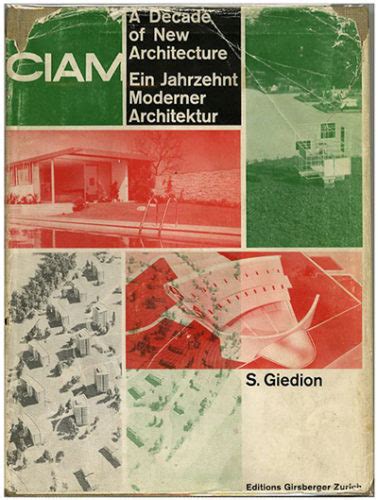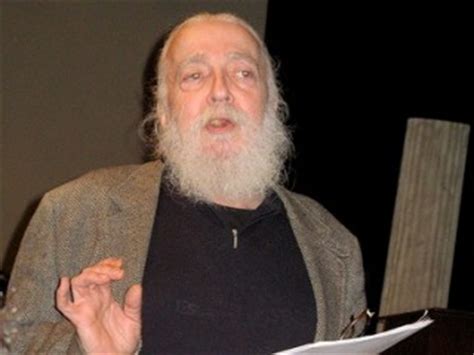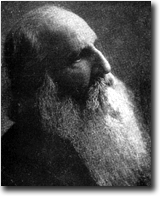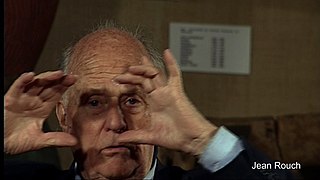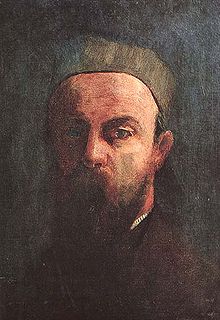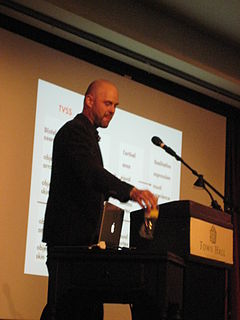A Quote by Joseph Conrad
The end (goal) of art is to figure the hidden meaning of things and not their appearance; for in this profound truth lies their true reality, which does not appear in their external outlines.
Related Quotes
Provided we can escape from the museums we carry around inside us, provided we can stop selling ourselves tickets to the galleries in our own skulls, we can begin to contemplate an art which re-creates the goal of the sorcerer: changing the structure of reality by the manipulation of living symbols ... Art tells gorgeous lies that come true.
Lies 1: There is only the present and nothing to remember. Lies 2: Time is a straight line. Lies 3: The difference between the past and the futures is that one has happened while the other has not. Lies 4: We can only be in one place at a time. Lies 5: Any proposition that contains the word 'finite' (the world, the universe, experience, ourselves...) Lies 6: Reality as something which can be agreed upon. Lies 7: Reality is truth.
It is alone that part of the external universe which we call material which acts on man through his senses - that part of which we ordinarily feel our knowledge to be the surest; but in reality, strangely enough, as will soon appear, this is one of the aspects of the external world, of which we can know nothing.
I look at the human sciences as poetic sciences in which there is no objectivity, and I see film as not being objective, and cinema verite as a cinema of lies that depends on the art of telling yourself lies. If you’re a good storyteller then the lie is more true than reality, and if you’re a bad one, the truth is worse than a half lie.
Don't lies eventually lead to the truth? And don't all my stories, true or false, tend toward the same conclusion? Don't they all have the same meaning? So what does it matter whether they are true or false if, in both cases, they are significant of what I have been and what I am? Sometimes it is easier to see clearly into the liar than into the man who tells the truth. Truth, like light, blinds. Falsehood, on the contrary, is a beautiful twilight that enhances every object.
The truth is that the heroism of your childhood entertainments was not true valor. It was theatre. The grand gesture, the moment of choice, the mortal danger, the external foe, the climactic battle whose outcome resolves all--all designed to appear heroic, to excite and gratify and audience. Gentlemen, welcome to the world of reality--there is no audience. No one to applaud, to admire. No one to see you. Do you understand?Here is the truth--actual heroism receives no ovation, entertains no one. No one queues up to see it. No one is interested.
Perceiving how things are is a mode of exploring how things appear. How they appear is, however, an aspect of how they are. To explore appearance is thus to explore the environment, the world. To discover how things are, from how they appear, is to discover an order or pattern in their appearance. The process of perceiving, of finding out how things are, is a process of meeting the world; it is an activity of skillful exploration.
Everyone should know nowadays the unimportance of the photographic in art: that truth, life, or reality is an organic thing which the poetic imagination can represent or suggest, in essence, only through transformation, through changing into other forms than those which were merely present in appearance.


